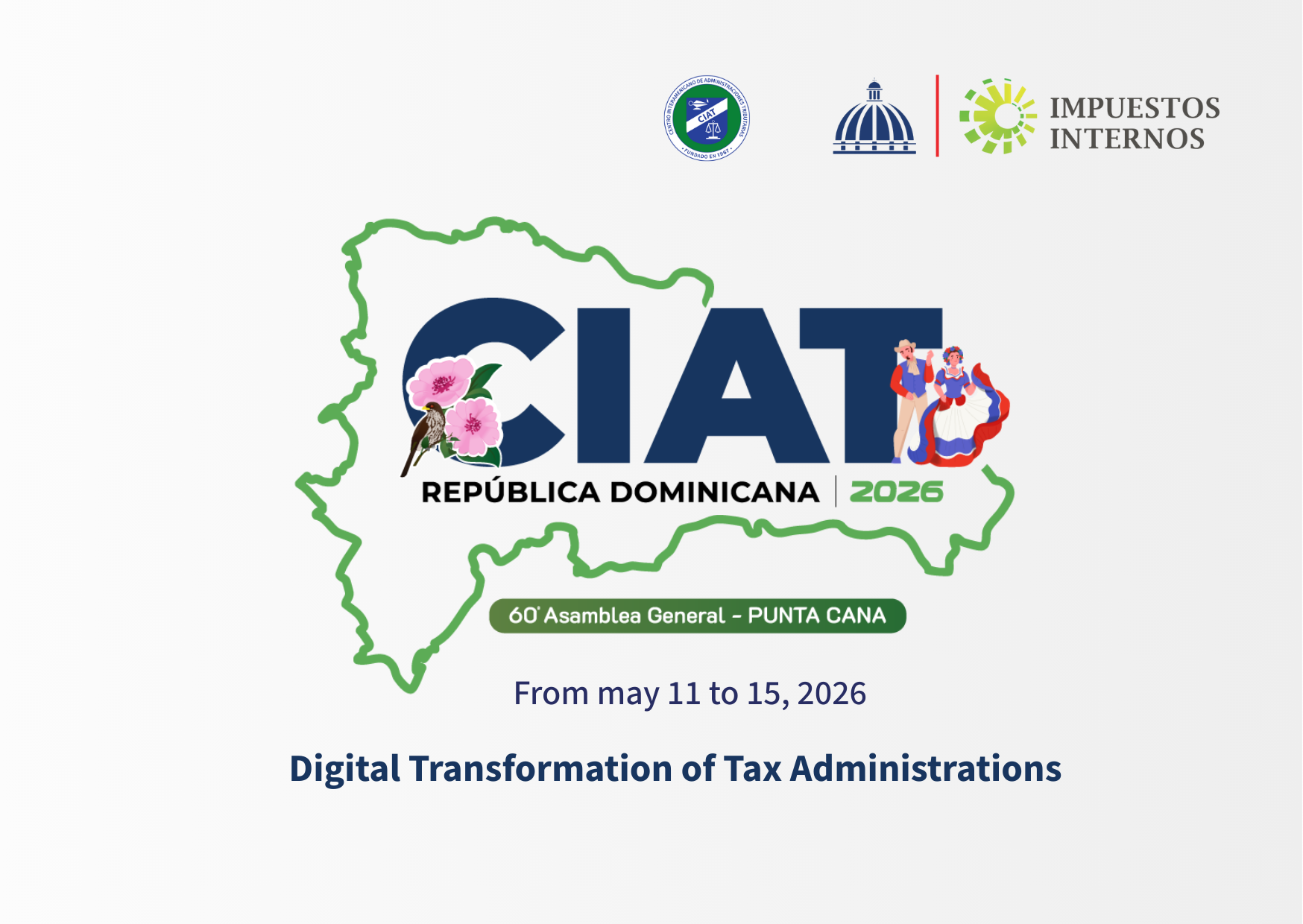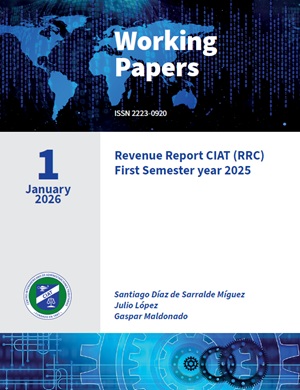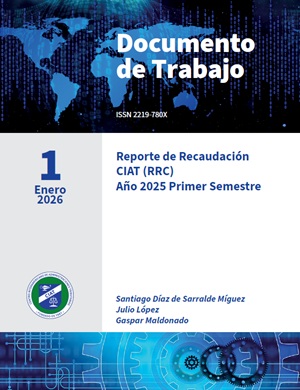The Executive Secretary of CIAT conducts an official visit to the Brazil...
11 Feb 2026
CIAT and SEFAZ-AL Strengthen Tax Modernization in Brazil with the Advanc...
27 Jan 2026
In this section, you will be able to access information about completed and coming events.
 International Meetings
International MeetingsIn this section, you will be able to access information about completed and coming events.
 International Meetings
International MeetingsThe CIAT Permanent Committee on Ethics is a space for the collaborative development of materials, methods, manuals, and techniques designed for the adaptation and use of tax administrations in strengthening their ethics programs. The Committee will produce products that respect and account for the differences between tax administrations in relation to the laws, policies, and rules applicable to specific countries and to their public service workers.

Santiago Díaz de Sarralde Miguez, Julio López y Gaspar Maldonado / 2026
In the first half of 2025, revenues recorded an average cumulative growth in constant terms of 6.4%, and virtually all countries (21 out of 22) reported increases in tax collection. By tax type, the average performance across countries by year-end is positive in all categories, with a 7.7% increase in income tax and growth in VAT (4.2%), excise taxes (0.9%), and other taxes (8.7%). Latin America and the Caribbean recorded a revenue increase of +5.9% compared to 2024, slightly lower than the average for the group of CIAT countries included in our database.
Santiago Díaz de Sarralde Miguez, Julio López y Gaspar Maldonado / 2026
n el primer semestre de 2025 los ingresos registran un crecimiento promedio acumulado en valores constantes del 6,4% y la práctica totalidad de los países (21 de 22) registra aumentos de la recaudación. Por impuestos, la evolución media de los países a final de año es positiva en todas las partidas, con un alza del 7,7% en ISR y un crecimiento del IVA (4,2%), ISC (0,9%) y el Resto (8,7%). América Latina y el Caribe registra un aumento de sus ingresos del +5,9% respecto a 2024, algo menor que la de la media del conjunto de los países de CIAT contemplados en nuestra base de datos.Browse through the site without restrictions. Consult and download the contents.
Subscribe to our electronic newsletters: